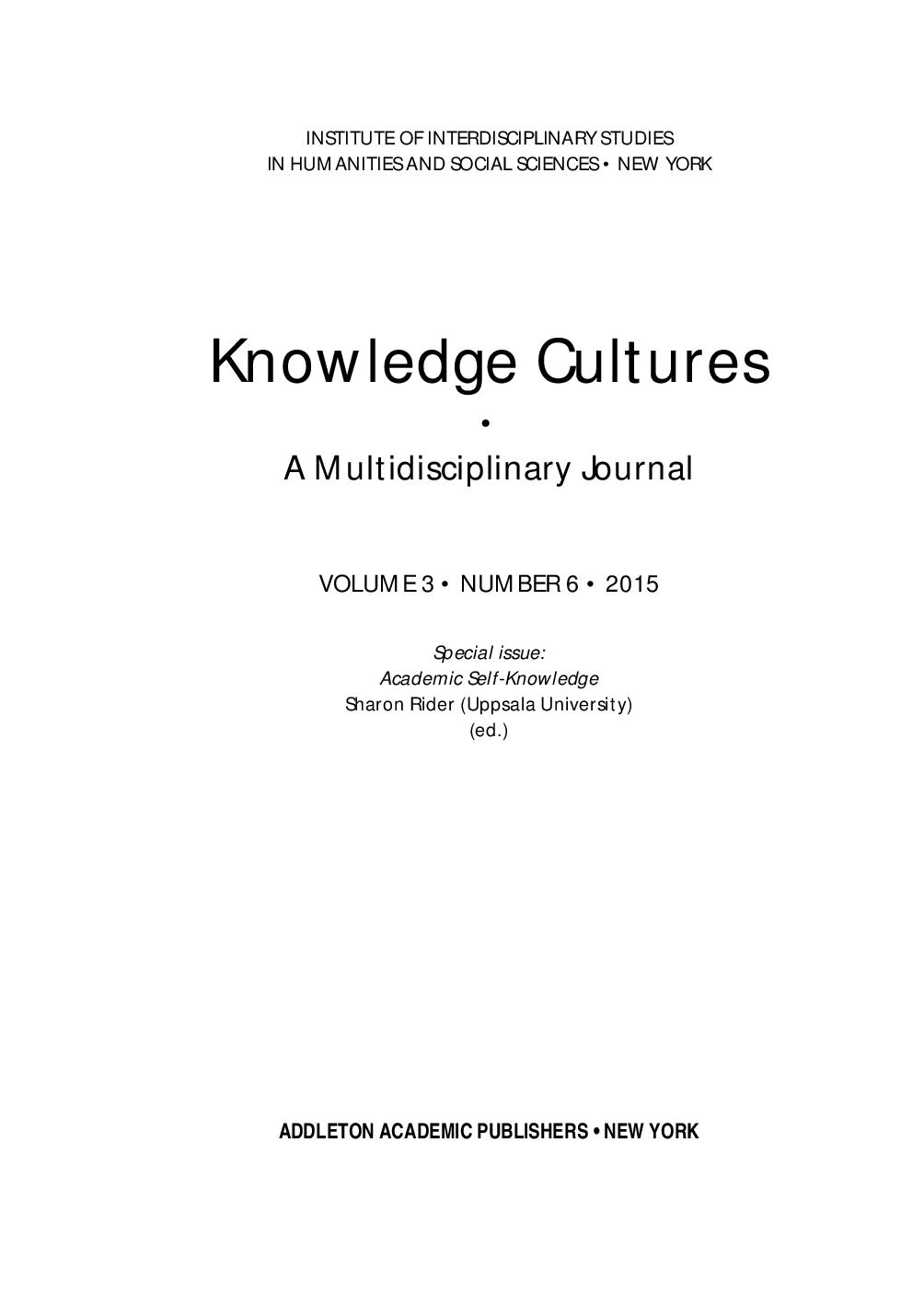THE PROBLEM OF SPEAKING FOR OTHERS REDUX: INSISTENCE ON DISCLOSURE AND THE ETHICS OF ENGAGEMENT
THE PROBLEM OF SPEAKING FOR OTHERS REDUX: INSISTENCE ON DISCLOSURE AND THE ETHICS OF ENGAGEMENT
Author(s): Don KulickSubject(s): Anthropology, Gender Studies, Structuralism and Post-Structuralism, Sociology of Culture, Hermeneutics
Published by: Addleton Academic Publishers
Keywords: disability; reflexivity; sexuality; crip theory; anthropology; subaltern;
Summary/Abstract: Virtually any academic text written about disability will inevitably include some kind of statement about the author’s personal relationship to disability. Why? What kind of work do statements like that do? In my recent book, Loneliness and its Opposite: Sex, disability and the ethics of engagement (2015, with Jens Rydström), I decided against such disclosure. This paper discusses the reasons for and possible consequences of my decision not to disclose, by re-examining the question of what it means to speak for an-other. I explore that question in relation to philosophers like Linda Alcoff, Iris Marion Young, and Gayatri Spivak, and disability studies scholars like Tom Shakespeare and Lennard Davis. The paper discusses these scholars’ work in relation to the limits and possibilities of academic self-knowledge, and ethical engagement.
Journal: Knowledge Cultures
- Issue Year: 3/2015
- Issue No: 06
- Page Range: 14-33
- Page Count: 20
- Language: English
- Content File-PDF

